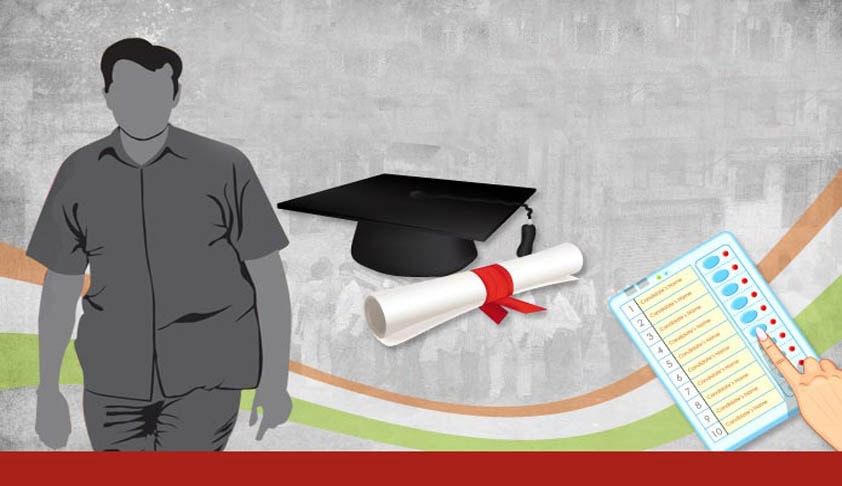International Human Rights Day this year witnessed the highest Court of the country pronouncing a judgment that is being condemned as a blow to a most basic civil right, the right to vote and contest elections.The Bench, comprising Justice J. Chelameswar and Justice A.M. Sapre upheld the validity of Haryana Panchayati Raj (Amendment) Act, 2015 (Act 8 of 2015), which interalia introduced...

